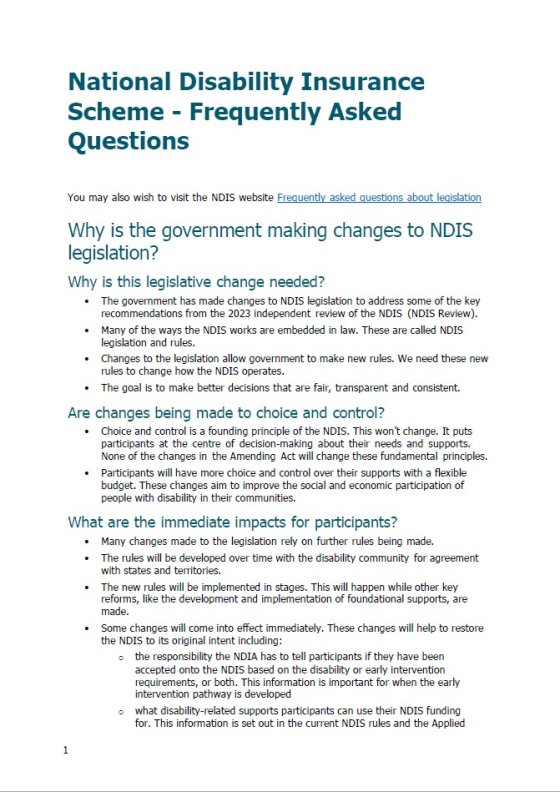Resource details
Date published: 20 Nov 2024
Last updated: 17 Dec 2024
Having trouble accessing?
We take care to provide accessible resources. If you need help to access or a different format, you may like to:
Visit our accessibility page
Get in contact
DSS2265 | Permalink: www.dss.gov.au/node/2265
